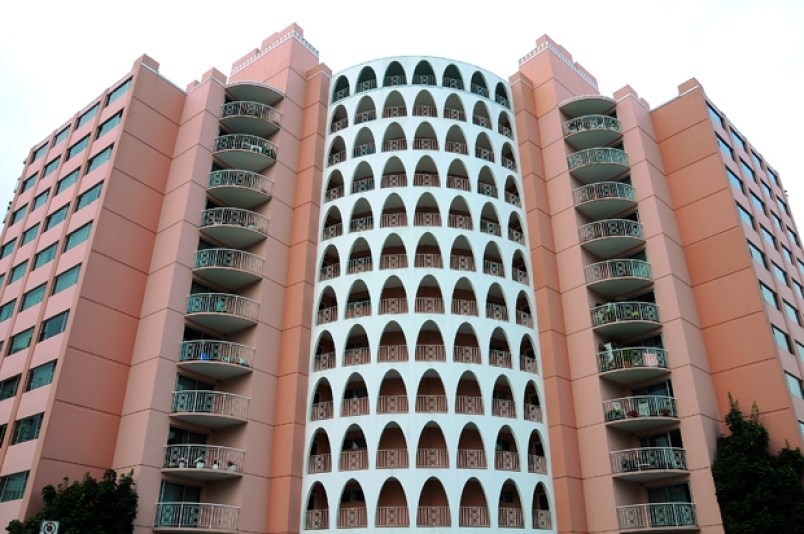Dear Editor:
Re: ‘You Get What You Pay For’: Mayor on Spending, Sept. 12 news story.
According to your article, West Vancouver’s mayor says that he “hasn’t had a single person speak with him” about the recently-released Fraser Institute report concerning relative municipal spending and revenue levels in Metro Vancouver. He concludes thereby that local residents and business owners must not be concerned about the issue. I respectfully suggest a more appropriate conclusion to draw would be that no one thinks he will do anything about the situation so why bother speaking to him? Certainly, his comments to your reporter reveal a singular lack of concern.
Your article did not point out the important fact that, according to the FI report, as of 2016 the District of West Vancouver was, at $2,583, spending 67 per cent more per capita than the average of $1,549 for all seventeen Metro Vancouver municipalities studied, as well as, at $3,253, collecting 44 per cent more per capita in revenue than the average of $2,256. There may well be valid reasons why our local government spends and collects more revenue than others but 67 and 44 per cent more, respectively? This is untenable.
As for salaries and benefits, for years the District of West Vancouver has been spending in excess of 80 per cent of its property tax revenue on this budget item. One result being that, starting two years ago, the district introduced an “asset levy,” initially at 5.25 per cent, to help pay for the replacement or repair of aging infrastructure (ie. roads, water pipes and such). The fact is that for a long time we have had too many municipal employees relative to our population. In this respect, West Vancouver resembles a cruise ship more than it does a municipality.
The CFIB report released on municipal spending across British Columbia underscores the fact that over the past decade all B.C. municipal governments have been raising spending by far above the combined rate of inflation and population growth. As local elections across our province are now held only once every four years, if you want something done about the situation Oct. 20 is your chance.
David Marley
West Vancouver
What are your thoughts? Send us a letter via email by clicking here or post a comment below.



